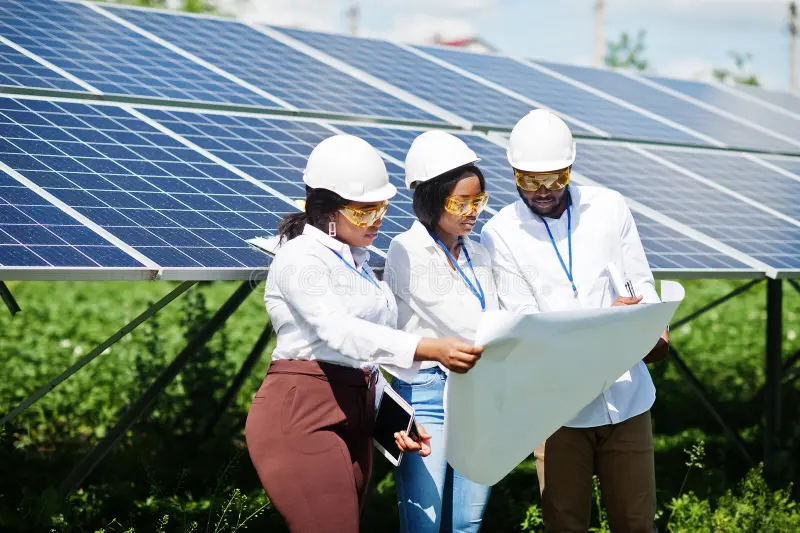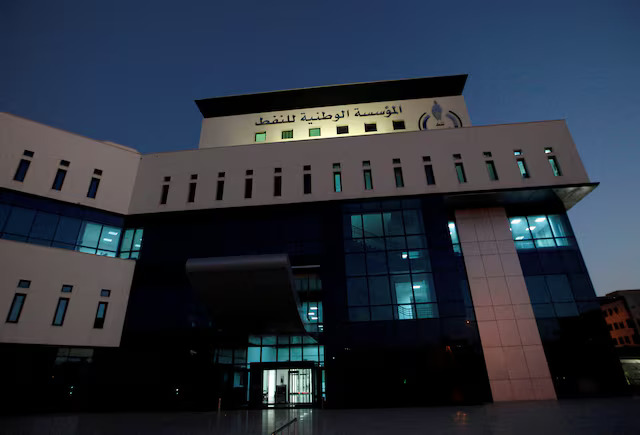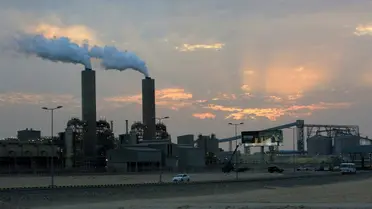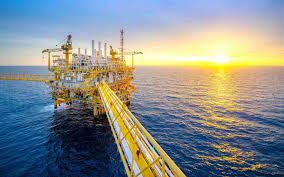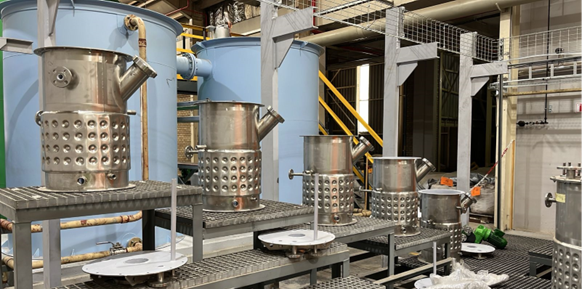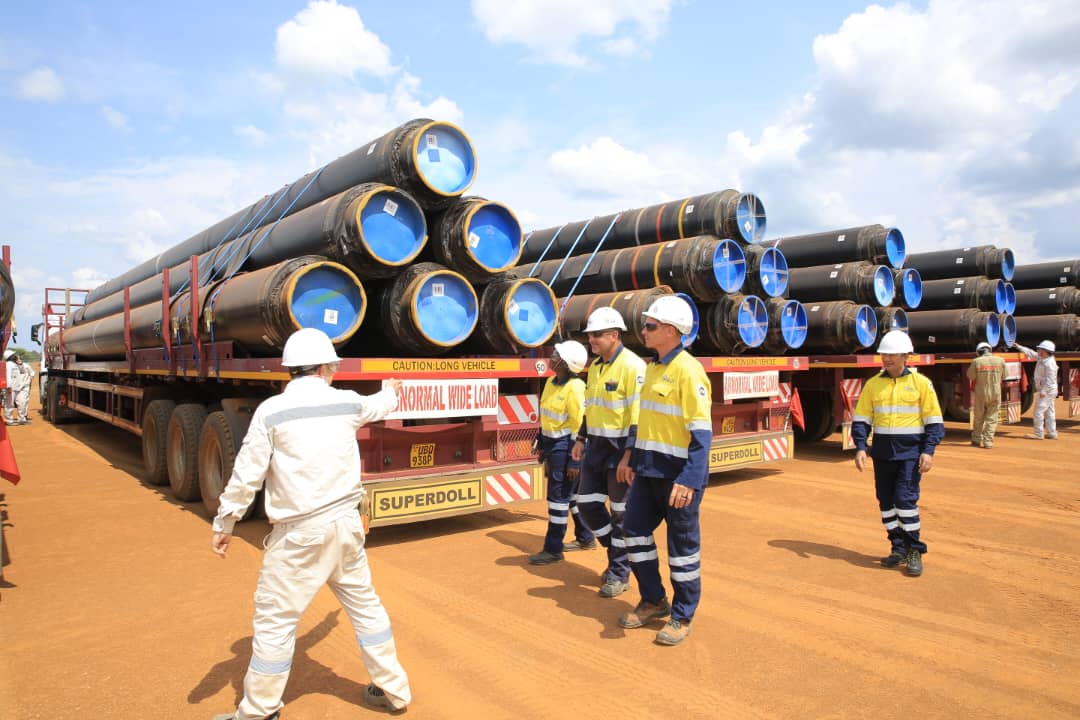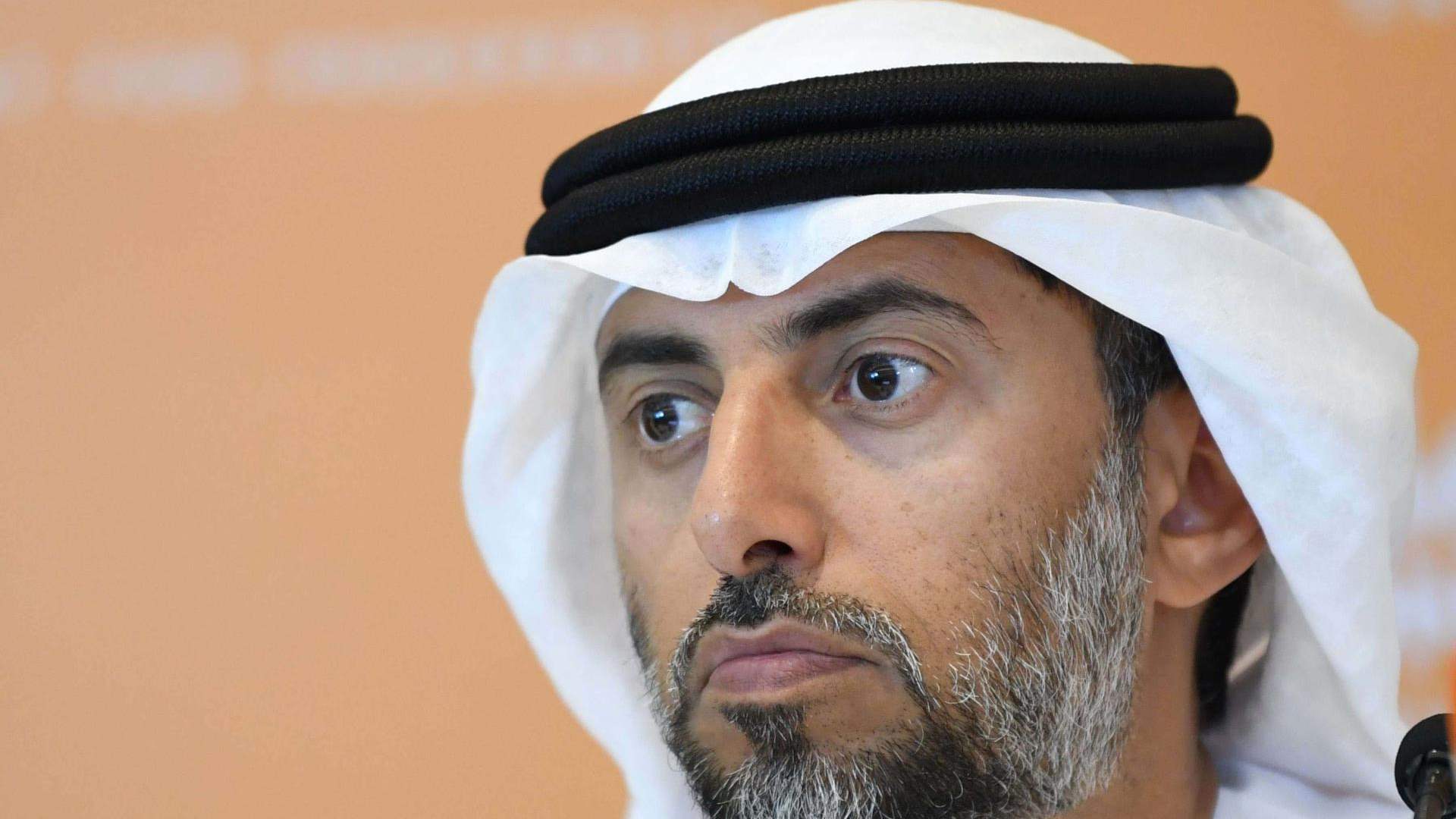Distribution

Hoegh Evi signs 10-year LNG deal with Egypt
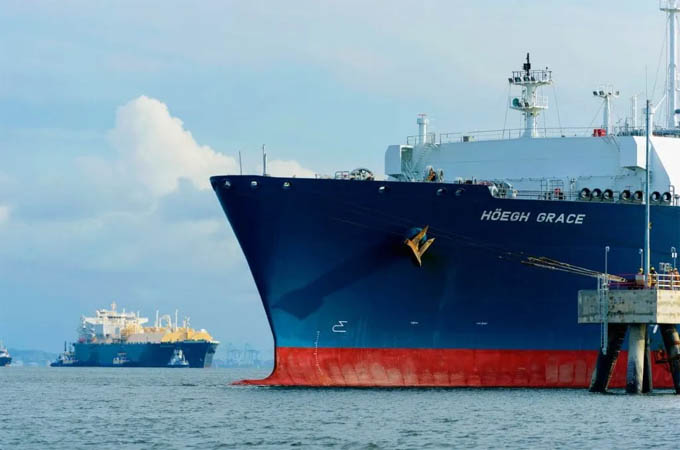
Norway's Hoegh Evi has signed a 10-year time charter agreement with Egypt's state-owned gas company EGAS to deploy a floating storage and regasification unit (FSRU) in the Port of Sumed by late 2026, the company said, as the country scrambles to secure gas supplies amid mounting domestic shortages.
The Hoegh Gandria vessel, purchased in 2023, will be converted from a liquefied natural gas (LNG) carrier into a high-capacity FSRU capable of delivering up to 1 billion standard cubic feet per day. It will replace the interim Hoegh Galleon, which arrived in Egypt in July 2024 and will remain until early 2027 before relocating to Port Kembla, Australia.
The deal comes as Egypt races to boost its LNG import capacity in the face of declining domestic gas production.
Output fell from 4.6 billion cubic metres in January 2024 to 3.3 billion cubic metres in February 2025 -- the lowest since April 2016, according to the Joint Organisations Data Initiative.
Egypt currently operates one FSRU at Ain Sokhna and expects a second to be operational by mid-2025. Talks are also ongoing with US-based Excelerate Energy and German authorities to lease additional regasification units.
Egypt hopes to have three or four FSRUs by summer, petroleum ministry spokesperson Moataz Atef told reporters in April.
Egypt signed $3 billion worth of LNG supply deals with Shell and TotalEnergies to cover domestic demand for 2025 in February and has been looking into long-term LNG supply contracts to cut its reliance on more costly spot market purchases.
In a meeting on Monday, Egypt and Qatar discussed the signing of long-term contracts for the supply of natural gas from the Qatari side, "in a manner that contributes to securing gas supplies to meet domestic demand," according to a statement from the Egyptian Petroleum Ministry on Monday.
Egypt has been working to position itself as a regional energy hub, but chronic gas shortages forced it to become a net importer, enforce rolling blackouts, and rely on foreign funding to meet its domestic needs. Most recently, Egypt signed agreements with Cyprus to route Eastern Mediterranean gas through its liquefaction plants for export. -Reuters



